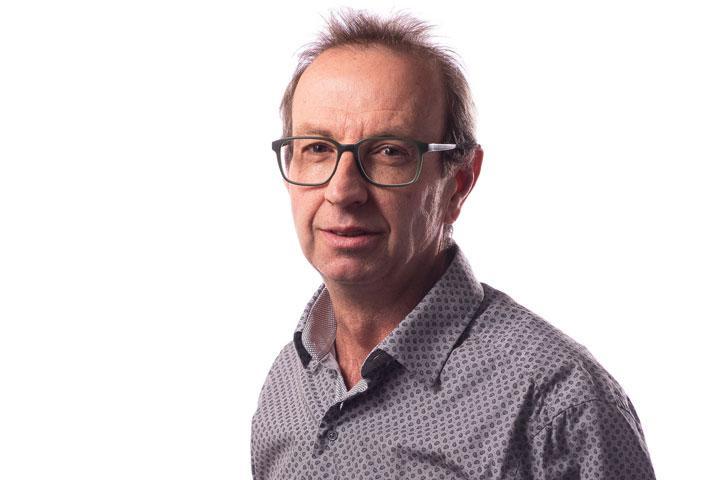Dr Mark Sutherland
Assistant Professor, BSc Biomedical Science graduate

I was always interested in science from an early age but not sure what career I wanted to follow. Initially wanting to study a medical degree, I studied BSc Biomedical Sciences after my results.
During my undergraduate degree, I realised there is way more to science than a medical degree. There are so many aspects to research, including improving crops for yields and disease resistance, bioleaching of gold out of old mines using bacteria, and the use of genetically modified yeast in the food and drinks industry.
After completing my MSc degree in South Africa I worked as a school teacher for a year and as a university lecturer for three years. I lectured at the University of Fort Hare in South Africa, which has graduates including Nelson Mandela (the first black Head of State of South Africa and a Nobel Peace Prize winner), Kenneth Kaunda (President of Zambia), Seretse Khama (first President of Botswana), Julius Nyerere (first President of Tanzania), and Archbishop Desmond Tutu (Nobel Peace Prize winner), but I missed the research.
I studied my PhD in Germany in Medical Biochemistry. This tied in my love of science and medicine. As a PhD student and post-doc in Germany, I got to travel to conferences in America and Europe, and I got to talk to and meet people from different cultures and backgrounds. It was at this time my research interest in cancer and new therapies developed.
Through the work and cloning, I have developed an interest in gene therapy and stem cell therapy. Diseases like Alzheimer’s, DMD, Huntington’s Disease, and Parkinson’s Disease, will require more than a tablet to reverse and cure.
As a lecturer in biochemistry and Director of Admissions and Marketing for the School of Chemistry and Biosciences, I hope to inspire the next generation of scientists and make students aware of the variety of career options for biosciences degree offers.
There are a large number of lab-based careers such as in NHS and public health labs, research and development, pharmaceutical and biotechnology companies, or food and water industries, as well as non-laboratory careers such as in clinical trials, teaching management and finance, medical sales, media or even patent lawyer.
Interested in BSc Biomedical Science?
Find out more and apply.
